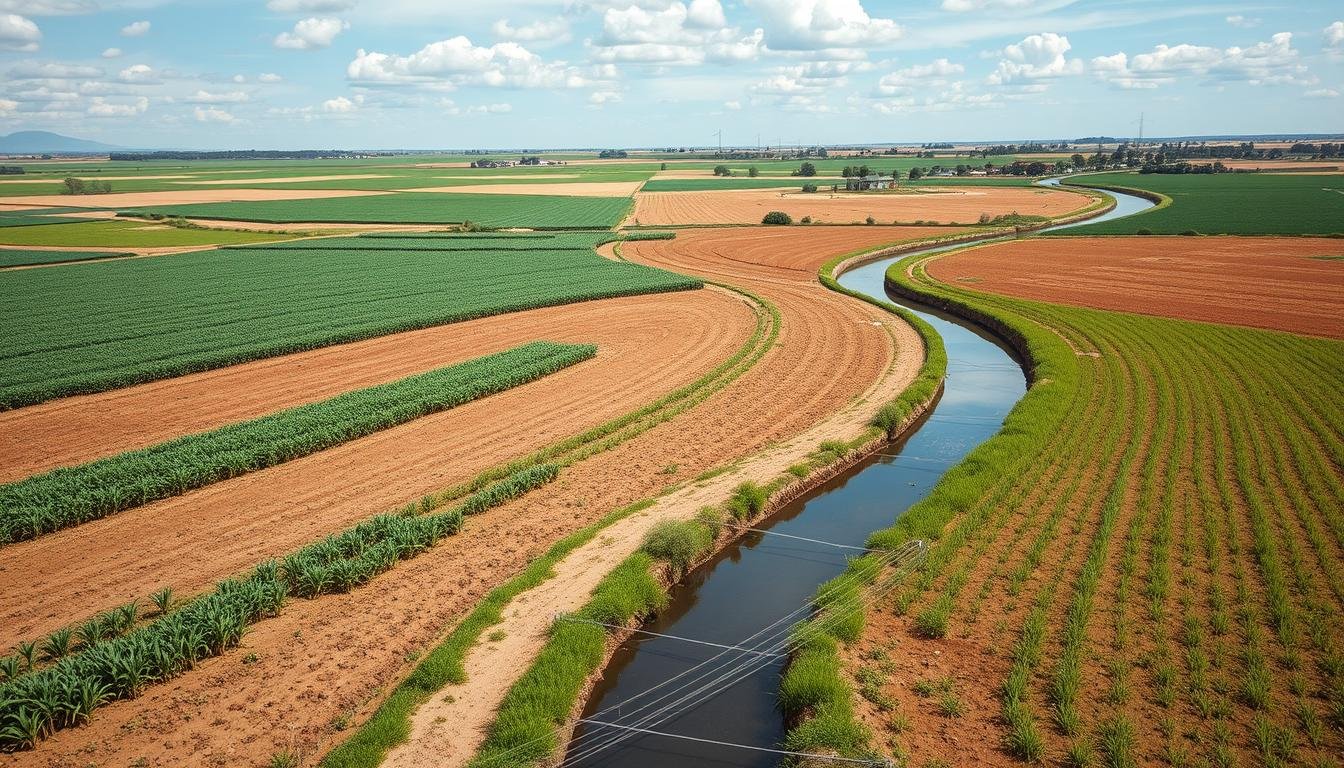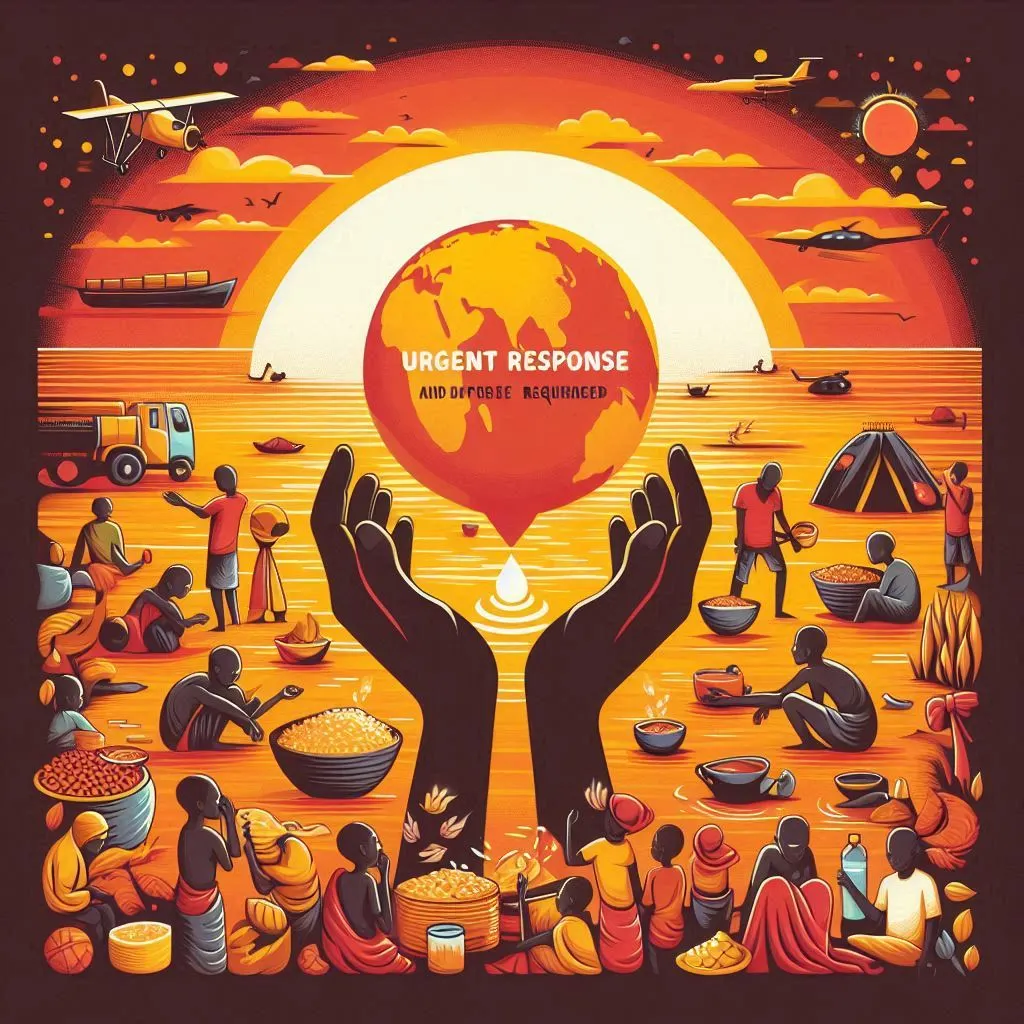The United Nations has recently sounded the alarm over an impending food crisis that could leave 82 million Nigerians struggling with hunger. As some parts of the world sit comfortably, it’s crucial to reflect on the broader global implications of such crises and understand how interconnected we all are.
When one part of the world is in turmoil, be it because of famine, war, or natural disasters the effects are felt far and wide as these affect the different facets that make our global community tick.
Why Should the World Care About Nigeria’s Food Crisis?
The plight of Nigerians is not just a localized issue; it has global repercussions that ripple across continents. Here’s why Americans should pay attention:
- Global Stability: Food insecurity can lead to political instability, which often has international ramifications.
- Trade Implications: A crisis in Nigeria can impact global trade, affecting food prices and availability globally.
- Humanitarian Responsibility: As part of the global community, it’s crucial to help where we can.
What Is Causing the Food Crisis in Nigeria?
Several factors contribute to the grim forecast for Nigeria. Some of them are:
| Factor | Description |
|---|---|
| Climate Change | Erratic weather patterns affecting crop yields. |
| Economic Instability | Fluctuating currency values and limited financial resources. |
| Conflict | Ongoing violence disrupting agriculture and supply chains. |
| Pandemic | COVID-19 exacerbated pre-existing vulnerabilities. |
Contributing Factors in Detail
Climate Change
The unpredictable weather severely affects agricultural productivity in Nigeria. Frequent floods and droughts are becoming the norm, making it increasingly difficult to predict crop yields. This does not seem to be an isolated phenomenon as we wrote about adverse weather conditions affecting farmers in North Carolina.
Economic Instability
The Nigerian economy has been through turbulent times, with inflation causing the price of basic food items to skyrocket. Additionally, the local currency, Naira, has seen significant devaluation, making it harder for families to afford their daily meals.
Conflict and Violence
Conflict zones in Nigeria, particularly in the northern regions, have rendered vast agricultural lands unusable. The constant threat of violence disrupts farming activities and displaces communities, aggravating food scarcity.
COVID-19 Pandemic
The pandemic has stretched Nigeria’s fragile health and economic systems to the breaking point. Lockdowns and restrictions have limited access to markets and disrupted food supply chains.
What Can Be Done to Help?
Both local and international efforts are necessary to mitigate the crisis. Here’s a list of possible interventions:
- International Aid: Increased funding and food aid from developed nations.
- Infrastructure Improvements: Developing reliable road networks and storage facilities.
- Policy Changes: Implementing policies that promote sustainable agriculture.
- Climate Action: Global initiatives to reduce the adverse effects of climate change.
What Can The World Do?
- Donate: Contribute to charitable organizations working on the ground in Nigeria.
- Advocate: Lobby your local and federal representatives to support international aid programs.
- Educate: Spread awareness about the Nigerian food crisis through social media and community discussions.
Conclusion
While the forecast for Nigeria may seem bleak, international cooperation and concerted efforts can help avert a disaster. By understanding the root causes and actively participating in humanitarian efforts, Americans and the world in general can contribute to global stability and security.
However, donations are a once-off solution to the bigger problems that must be addressed. These include ensuring world peace and stability and practicing sustainable farming methods that help improve yields and conserve water and soil for future generations. These methods include (but are not limited to) regenerative agriculture, integrated farm management, effective soil conservation, and rotational grazing.
With the reach of internet connectivity spreading rapidly through most parts of the world, the key is civic education. Farmers must learn and adapt to newer, if not, better ways of farming.






